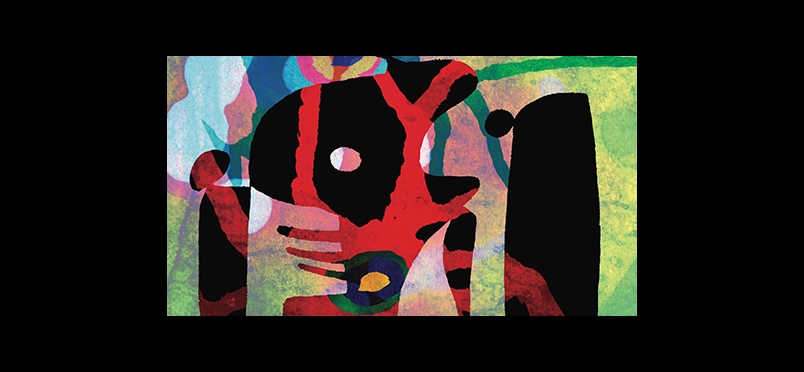| opioids
Children's Cough Medicines: "Never Prescribe"

Research Suggests Hydrocodone-Containing Preparations Carry Greatest Risk Profile
Researchers from Penn State College of Medicine and colleagues write that prescription cough and cold medications that contain hydrocodone carry greater risk for adverse effects in children than do those that contain codeine. Additionally, they suggest that the use of any opioid-containing medications should be avoided when treating pediatric cough and cold symptoms. This recommendation aligns with a long-standing position expressed by the American Academy of Pediatrics, and a 2017 FDA ruling that children aged 12 and younger should not be prescribed codeine-containing medications. This ruling was expanded in January of this year to require that medicines containing either codeine or hydrocodone be labeled for adult use only. The new research from Penn State Medicine sought to more closely examine the range of adverse effects connected to pediatric use of opioid-containing cold medications. Their findings appear in the Clinical Toxicology.
The study noted that of 98 cases of adverse events connected to use of a cold medication containing opioids in children 12 or younger, sedative effects occurred in 86% of hydrocodone-containing cases vs 61% of codeine-containing cases. These sedative effects included drowsiness, lethargy, and respiratory depression. Ian Paul, MD, professor of pediatrics and public health sciences at Penn State College of Medicine, commented, “You could argue from this data that the adverse events profile from hydrocodone-containing cough and cold medication ingestion appears to be more concerning” adding that “Healthcare providers should never prescribe opioid-containing cough and cold products to children. Ever.”
Read more about the findings and recommendations.
The journal abstract may be read here.
Other Categories:
Did you enjoy this article?
Subscribe to the PAINWeek Newsletter
and get our latest articles and more direct to your inbox
